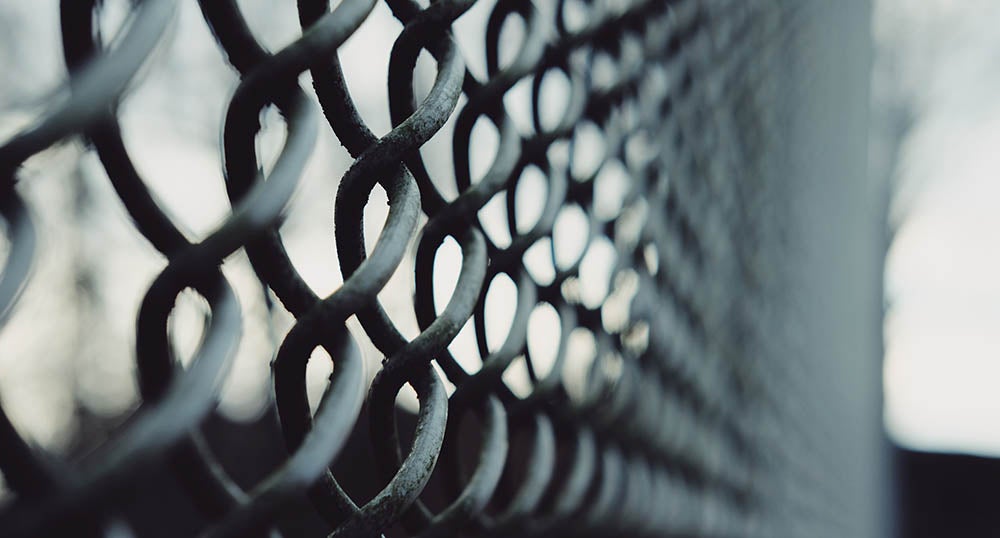Canary in the Coal Mine: A Profile of Staff COVID Deaths in the Texas Prison System

"Canary in the Coal Mine: A Profile of Staff COVID Deaths in the Texas Prison System" reveals the devastating impact of the COVID pandemic on prison workers in Texas. Produced by the Prison and Jail Innovation Lab, a policy resource center at the Lyndon B. Johnson School of Public Affairs at the University of Texas at Austin, the report finds that, as of January 31, 2022, Texas has had more staff deaths (78) from COVID than any other prison system in the country, at a rate more than three times the national average for prison employees. Most of those who died were custodial workers in direct contact with incarcerated people, and the agency lost over 1000 years of staff experience. COVID deaths and infections are also exacerbating an already severe understaffing crisis in the prison agency. Low vaccination rates among staff and rolled-back protective measures are making matters worse. Given the agency's lack of transparency about COVID deaths of incarcerated people in Texas, these staff deaths and infections provide a window into the impact that COVID is having in Texas prisons. They serve as a proverbial "canary in the coal mine," warning that the pandemic is still far from over for people who live and work in prisons. The report recommends strategies to mitigate the continued spread of COVID in custodial settings and to help save lives.



